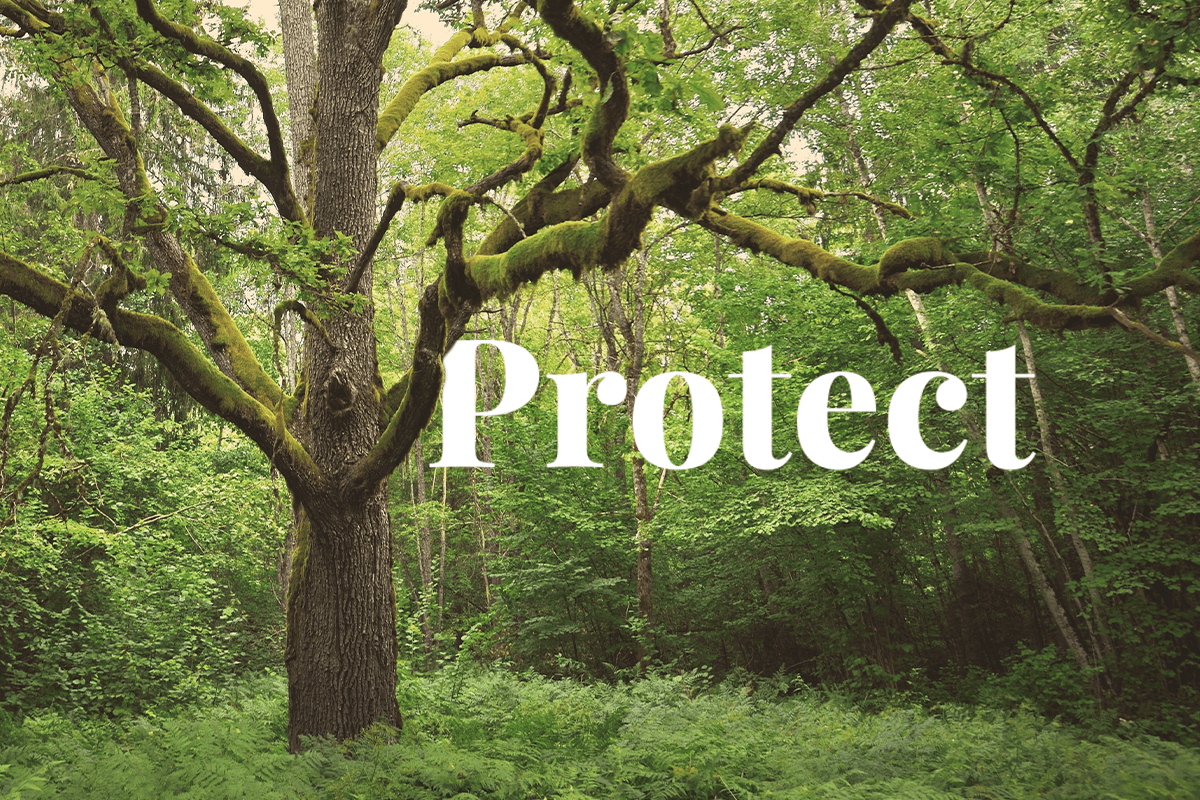Forests play an essential role in many aspects of our lives, ranging from wellbeing to agriculture. The European Commission recognises the importance of forests in achieving the European Union’s (EU) climate and biodiversity objectives. It adopted new guidelines to support tree-planting actions and protect old-growth forests in the EU. These guidelines aim to strengthen forests' protection, restoration, and resilience and improve their quantity and quality.

The guidelines on biodiversity-friendly afforestation, reforestation, and tree planting provide practical recommendations to support authorities, forest and landowners, managers, and civil society to implement such projects better.
Read more: Impacts of reforestation on biodiversity
The guidelines address afforestation initiatives in agricultural land, reforestation actions in forest land, including restoration actions, and tree planting in urban and peri-urban environments, as well as agricultural land (agroforestry). By actively planting and naturally regenerating forests, these guidelines constitute one of the key milestones to implement the EU's three-billion-additional-trees pledge by 2030.
The guidelines for defining, mapping, monitoring, and strictly protecting EU primary and old-growth forests provide practical guidance to national policy- and decision-makers to identify and protect such forests. The criteria for identifying primary and old-growth forest areas are based on a list of indicators or principles. A timeline is suggested for their mapping and strict protection.
Forests are rich in biodiversity and vital for conserving ecosystems and natural habitats. Primary and old-growth forests are some of the EU’s richest ecosystems. They store significant carbon stocks and are paramount for biodiversity and the provision of multiple ecosystem services. In addition, they provide habitats for many endangered and endemic species.
Learn more: Different types of ecosystems
In the EU, these forest areas are rare, often small, and fragmented. They only make up 3% of the EU’s total forested area and 1.2 % of the EU land. Their distribution is also uneven: 90% of these forests are located in Sweden, Bulgaria, Finland, and Romania.
The European Commission recognises the cultural and social value of forests and aims to promote a sense of community through tree-planting initiatives. The guidelines emphasise the need for a balanced approach between conservation and sustainable use of forests. They guide the implementation of forest-management practices that support the restoration of degraded forests and the protection of old-growth forests. Moreover, the guidelines encourage planting new forests to increase the forest cover in the EU. They promote the use of native tree species and the selection of suitable sites for planting, considering environmental and social considerations.
Learn how we restore nature through our reforestation projects
At DGB Group, we also believe in following strict industry guidelines to manage large-scale nature projects. Nature markets are rapidly growing, and we help companies and investors tap into this growing global nature market via nature-restoration projects, carbon and biodiversity credits, and green bonds. We also offer a tree-subscription service to restore forests and nature where you can plant any number of trees. Each tree contributes to restoring vital habitats and helping biodiversity flourish.
Plant your tree today



